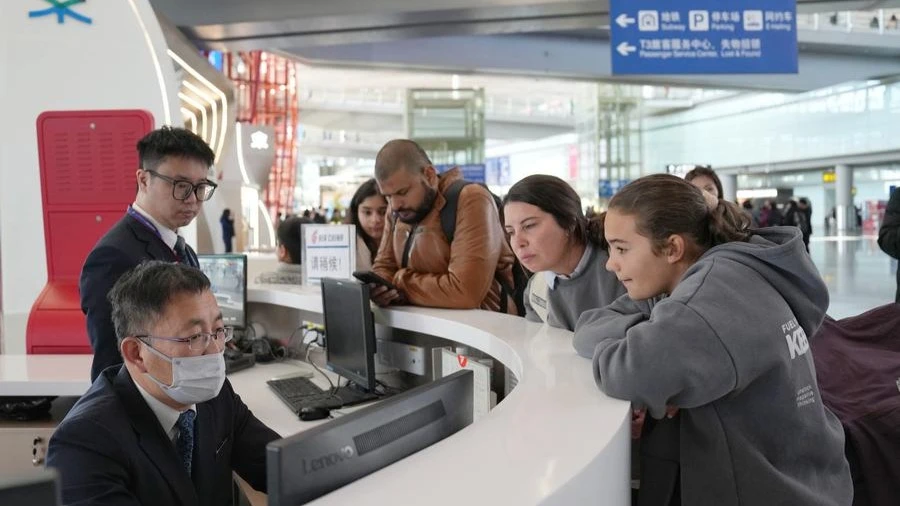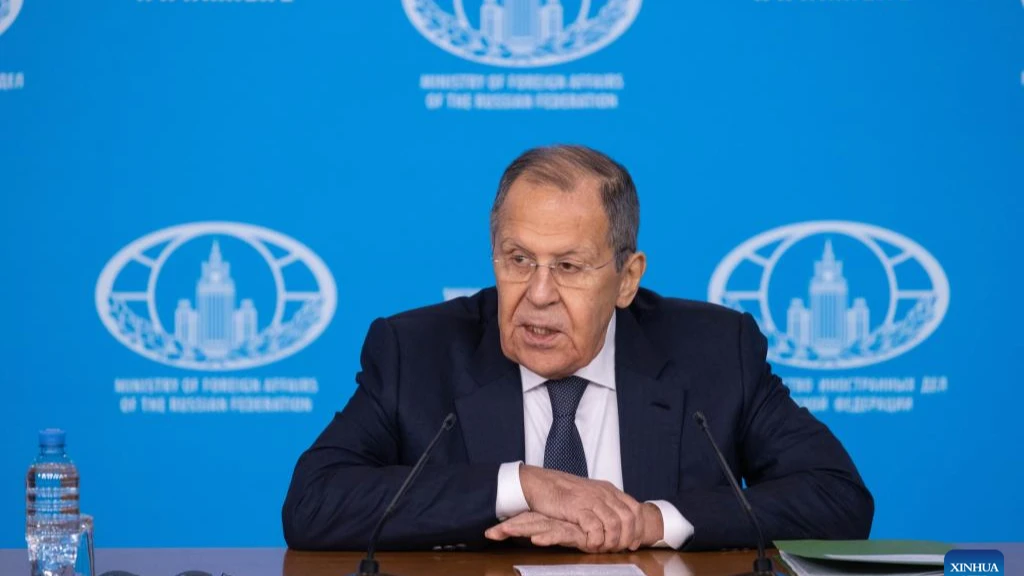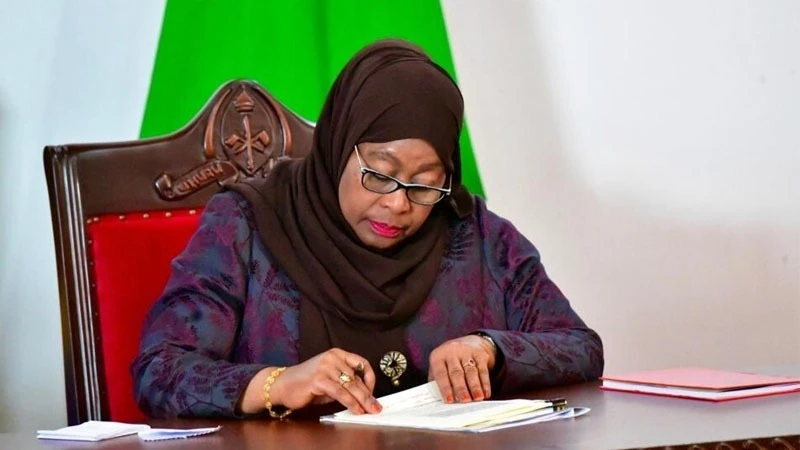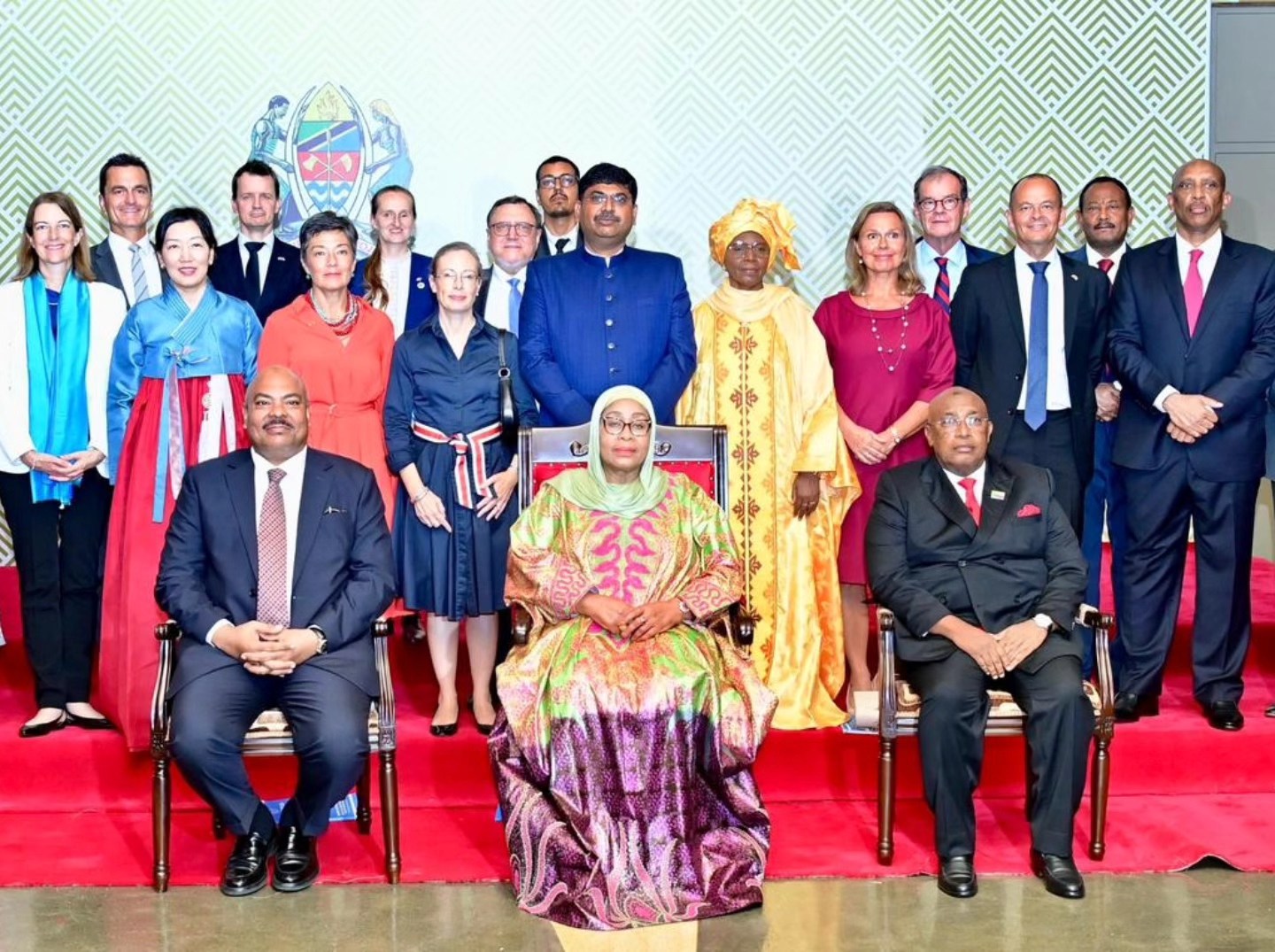Resilience drives up DSE as 10bn/- is traded in July
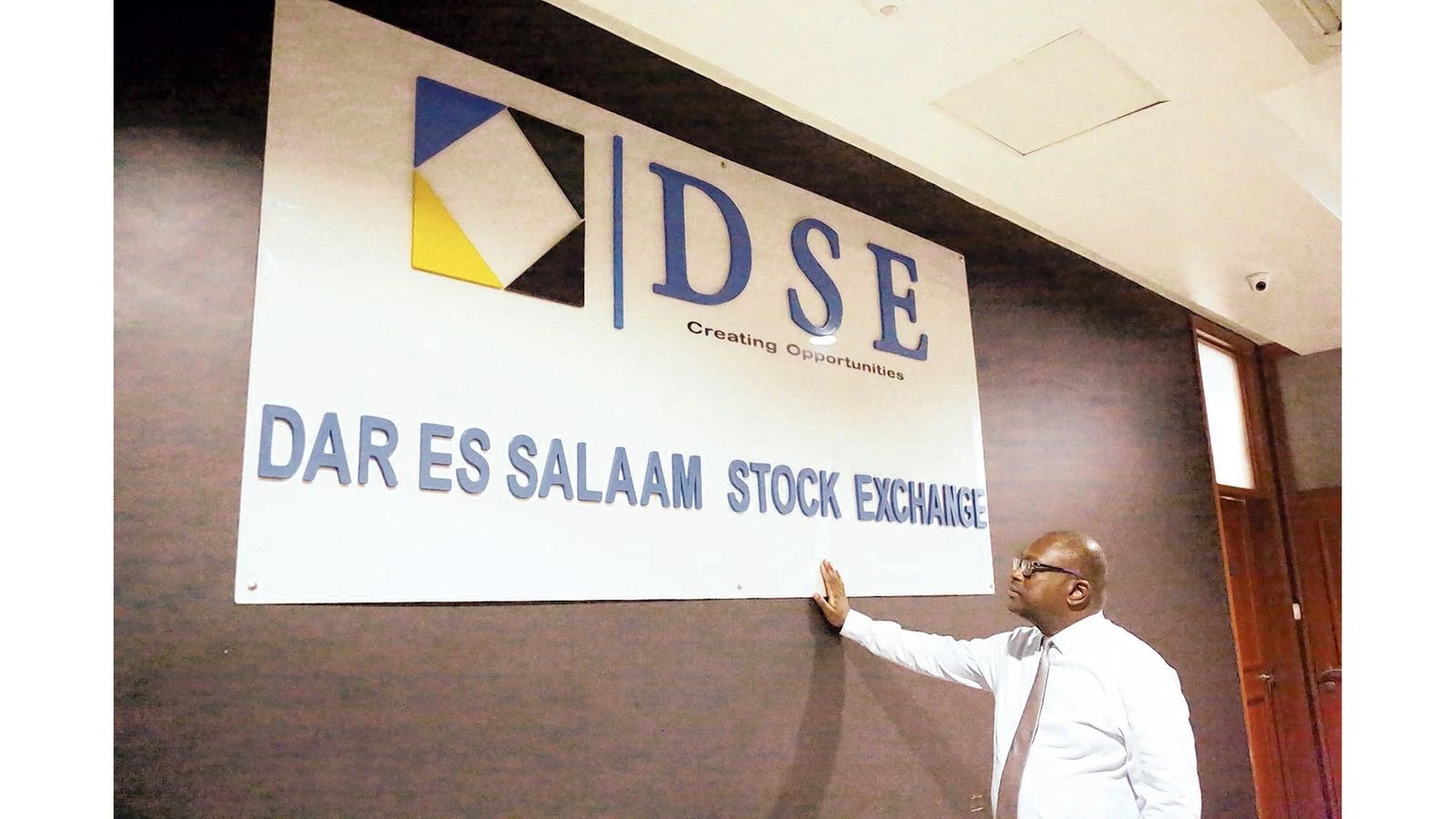
The Dar es Salaam Stock Exchange's (DSE) resilience, strong economic growth, and improved business environment are expected to stimulate the equities market in both local and foreign investors.
The market report shows during July, a turnover amounting to 10bn/- was recorded, which was equivalent to a third of the total turnover recorded in the third quarter of last year, with local investors’ dominance.
According to the DSE market report, local investors accounted for 92.18 percent of total shares sold and 96.98 percent of total value of shares bought.
Foreign investors bought shares valued at 304m/- and sold shares valued at 787.2m/-, which translates into a net outflow of 483m/-.
The market indices also experienced a gain during the first month of the current quarter, with the exceptions of & Allied, which closed at 5,074.70 points at the end of last month, from 5,120.14 points recorded during the end of June 2024, and Commercial Services (CS) which closed unchanged.
All share Index (DSEI) closed at 2,070.83 points from 2,016.97 points, while the Tanzania Share Index (TSI) and Bank, Finance, and Investment (BI) index closed at 4,566.45 points and 5,572.41 points respectively from 4,475.21 points and 5,205.50 points.
The total market capitalization slightly increased to 17.2trn/- at the end of last month, compared to 16.8trn/- recorded at the end of June, while the domestic market capitalization increased to 12.09trn/- from 11.8trn/- respectively.
The increase of both total and domestic market capitalizations resulted from the gaining of share prices among local and cross-listed counters.
Analysts say the market is undergoing major improvements, as some of the listed companies were implementing corporate actions during May and last month, including conducting Annual general meetings (AGMs) and declaration of dividends, which induced the increase in trading activities.
“Trading movements of most of the counters were active during the period, specifically those which undergone corporate actions and there were certain block trade activities from time to time,” said Ramadhani Kagwandi, the Chief Executive officer (CEO) of Exodus Advisory, member and investment advisers, at DSE.
Overall, he said, corporate earnings for most of the listed companies were robust, with many companies exceeding market expectations.
Kagwandi expects increasing activities in the remaining months of the current quarter, from both local and foreign investors.
He explained that the newly launched collective investment schemes are expected to stimulate market activity, as they will mostly invest their funds, at least 20 percent into the equity market, and the remaining will be poured into the dominant securities markets.
The newly launched Timiza Fund, Tanzania’s pioneering private mutual fund managed by Zan Securities Limited, exceeded expectations by achieving an oversubscription rate of 103 percent, driven by its attractive return on investment.
It successfully raised 10.38bn/- during its initial sales period from May to June, surpassing its 10bn/- target.
Muhingo also expects the increased involvement of foreign investors due to the resilience of the DSE market, stabilization of the country’s economy due to an improved business environment, and improvement of the global economy.
Further regulatory reforms aimed at improving market efficiency and investor protection will enhance the attractiveness of the DSE, he noted.
Raphael Masumbuko, Chief Executive Officer (CEO) of Zan Securities Limited, brokers, members, and investment advisory firm on the DSE, said there is a bright future in all areas of equities markets.
He said the market has seen banks announcing good profits while the economy is improving, which will increase investors' sentiments to participate in the stock market.
Both NMB and CRDB, some of the largest listed counters released their earnings report for the second quarter, showing strong results.
NMB reported a remarkable 20 percent increase in net profit to 314bn/- while CRDB Bank exceeded expectations with a 53 percent rise in after-tax profit of 275bn/-.
“With these remarkable performances, both banks and expected to dominate the trading activities in the coming weeks, potentially prompting a sell-off of other counters in favor of them. As more companies disclose their financials, we anticipate continued high activity in the market,” he said.
Given the political economy Tanzania has, Msumbuko expects that there is a possibility of continued growth because political stability is an asset to the economy.
According to the African Development Bank (AfDB) outlook, the country’s real GDP growth is projected at 5.7 percent in 2024 and 6 percent in 2025, driven by agriculture, manufacturing, and tourism and supported by public investments and reforms to improve the business environment.
Inflation is projected to decline to 3.3 percent in 2024 and 3.4 percent in 2025, helped by stability in food and energy prices.
The World Bank also says GDP is projected to grow 5.6 percent in 2024, with the long-run potential of around 6 percent, supported by an improving business environment and ongoing structural reforms.
“When you have political stability, inflows will grow because it ensures a predictable environment for the economy,” Masumbuko said.
He said other improvements including infrastructure such as Standard Gauge Railway (SGR) will contribute fully to the economic growth.
“We think that the introduction of the SGR is expected to reduce the costs of transportation, which will contribute to the growth of business activities in agricultural and non-agricultural sectors,” he explained.
On the participation of foreign investors in DSE activities, Masumbuko said that they expect an increase based on various factors including a stable economy and stable policies.
“For example, when foreign investors want to invest in East Africa, they usually rank where there is good political stability and strong economic growth,” he said.
‘The growth of our economy is good and foreign investors are tapping where they think the growth is going well, and this is what we are proud that our economy is promising.”
In the debt market, Masumbuko said increased activities are expected mostly in the secondary market, driven by higher yields making government bonds more attractive.
“The recent yield increases (high yields imply lower price) and the substantial time gap until long next long-dated auction will further contribute to this heightened activity,” he added.
Top Headlines
© 2025 IPPMEDIA.COM. ALL RIGHTS RESERVED











